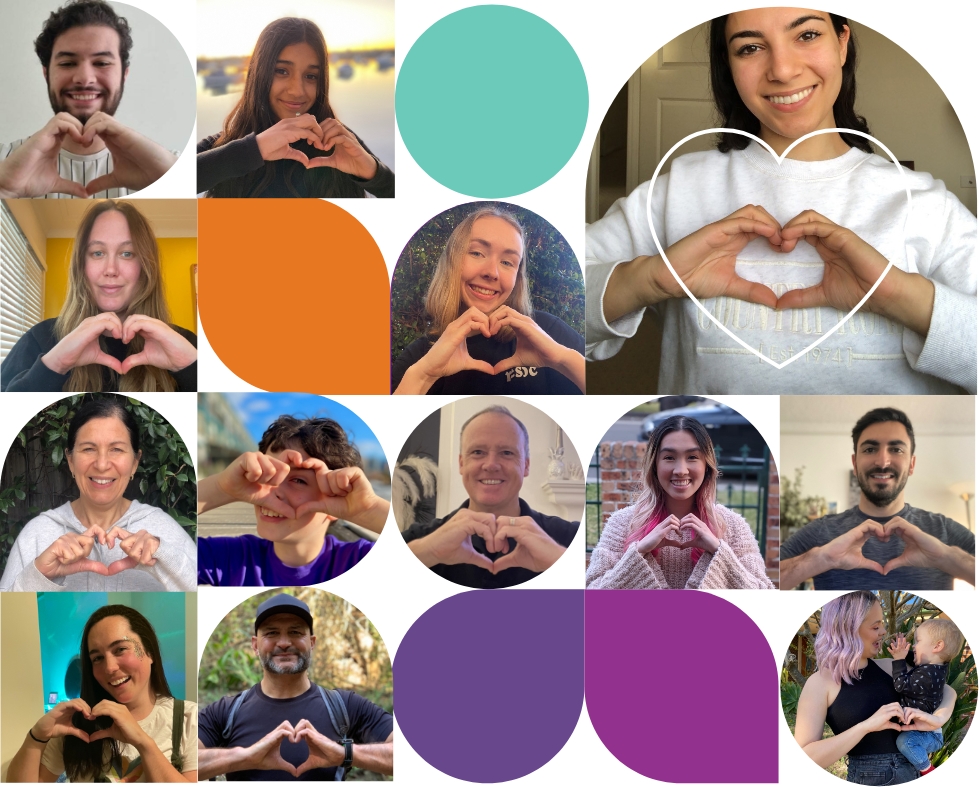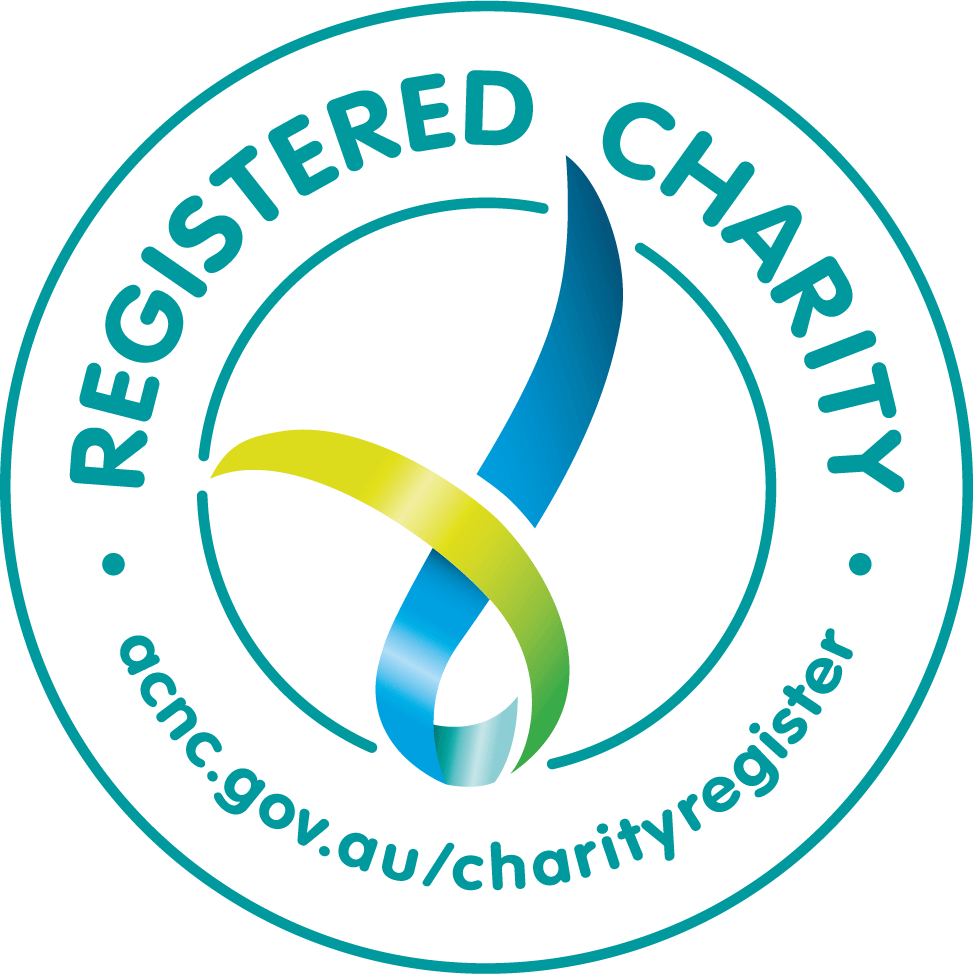Critical care environments handle the sickest children from birth onward. A patient in modern intensive care generates one gigabyte of data per day, and almost all of this data disappears.
In today’s world, we have instant access to almost everything through handheld devices and artificial intelligence applications such as Siri and Alexa. Clinicians spend hours examining patient data to find hidden clinical signals before it disappears. The data that is stored exists in silos and cannot be easily linked together or accessed by the clinicians who need it.
Data is unemotional, reliable, consistent and critical, particularly to the care of our sickest and most vulnerable patients.
“What we’re trying to do is we’re trying to take the individual expertise that clinicians have got – the ability to look up at a screen and make sense of what’s going on with a critically-ill child – and bottle it, capture it and then be able to use it across a larger number of children in an automatic fashion,” said Associate Professor Justin Skowno, Senior Staff Specialist in Paediatric Anaesthesia at The Children’s Hospital at Westmead.
This is the start of precision critical care for the sickest babies and children in our hospitals. We have identified where and how data is wasted and a way to do things better by transforming systems that we already have. Ultimately, we will use artificial intelligence to predict and prevent bad outcomes in intensive care units, hospitals and operating theatres. Data will become accessible, vulnerable patients will be identified, and babies and children will receive better care, earlier on.
By providing clinicians with far better access to all of their patient’s physiological data and linking these with other sources of medical information, our understanding and care of critical illnesses will greatly improve. The system that we are building does not end with just critical care. It will be built for future use throughout the hospital environment and wherever children receive medical care. Using big data and artificial intelligence, we will transform clinical care and produce better outcomes for sick kids.
Project team
- Associate Professor Justin Skowno
- Dr Chong Tien Goh
- Dr Robert Halliday
- Dr Himanshu Popat
- Dr Cathryn Crowie
- Dr Madison Paton
- Professor Alistair McEwan
- Mr Andrew Goodwin
The project team will be actively collaborating with other groups, in particular Toronto’s Sick Kids, a world leader in this field.












